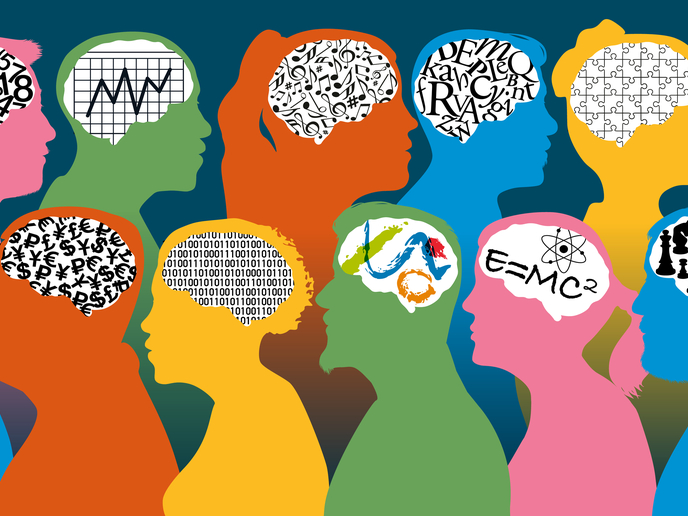Communication across the sciences and to the public offers knowledge, not just facts
News and opinions travel along the information highway(opens in new window) at great speed. Yet, for all the information being delivered online, across social media and news channels, in scientific publications and in print, one MSC fellow questioned how much knowledge we actually have on the subjects that affect us the most. Driven by questions surrounding the all-encompassing COVID-19 crisis, Dr Federica Bressan of the DaphNet project reached out to Dr Maíra Aguiar, MSC fellow on the COMPLEXDYNAMICS-PHIM project. During a 22-minute interview(opens in new window), the fellows delve into our most recent, global, experience of life during a pandemic. Dr Aguiar explains how the scope of the COMPLEXDYNAMICS-PHIM project and her role in it was expanded: “I was invited to join the modelling task force in the Basque Country to assist public health managers and the Basque Government on the COVID-19 responses.” Acknowledging that each country, or even region, has its own task force and that each epidemiological scenario might be different, she underlines that, “the intention is to share and to learn from the other regions as well.” One notable approach to this is a website hosting the Epidemiological SHARUCD model(opens in new window). The model offers a wealth of information on the disease for health managers and the public. Dr Aguiar is also lead author of a related open-access article(opens in new window) recently published in ‘PLOS ONE’.
Policy, health and social dimensions
Listeners further learn how the work of the COMPLEXDYNAMICS-PHIM project and partnering task force assists decision-making for policymakers and about herd immunity and protection through vaccination. Dr Bressan also probes Dr Aguiar regarding media handling of the pandemic, commenting: “It must have been ‘painful’ I imagine sometimes to watch the news and see the confusion, and I add to that by saying that they play a very important role because either they minimise the thing or they spread panic, that will reflect in your data at some point, right, people’s behaviour, so what do you think of the job that the media have done with COVID-19?” Dr Aguiar’s take on the matter is that the “COVID-19 pandemic brought the best and the worst, I think. … people are learning, people are helping each other, and we are listening, and people are getting interested in science, that’s very important.” However, she continues, there is much misinformation and many misconceptions, making it “very difficult for non-experts to extract what is correct, what is not.” Dr Bressan shifts the interview to another dimension of the unravelling health crisis: personal ramifications on home life. Beyond the fast-paced changes associated with her work, Dr Aguiar speaks to the challenges of parenting two children with her husband, a theoretical physicist also working on models, in the current environment. “To keep science going, we had to opt to work during the night … It’s very exhaustive but it’s also a good opportunity for us to live and to be able to contribute to the science in these times.”
Knowledge, not just information
In a follow-up thought piece, ‘How an interview on COVID-19 made me think about science communication’(opens in new window), published on the Marie Curie Alumni Association Blog, Dr Bressan impresses the importance of the quality of the information we take in and whether it speaks to our emotions or our intellect. “Science communication is not good enough if it doesn’t teach you something,” she states. Critically, good science communication should offer us “‘knowledge’ rather than facts” and answers on “how to behave in the world.” For more information, please see: DaphNet project website(opens in new window) COMPLEXDYNAMICS-PHIM project



